Empowering Doctoral Scholars: Insights from the PhD Progress Workshop at Kabale University
 Kabale University recently hosted a landmark PhD Progress Workshop, reaffirming its commitment to nurturing a strong research culture. The event brought together esteemed academic leaders, deans and research chiefs to mentor doctoral students and equip them with essential skills for successful completion of their academic journey.
Kabale University recently hosted a landmark PhD Progress Workshop, reaffirming its commitment to nurturing a strong research culture. The event brought together esteemed academic leaders, deans and research chiefs to mentor doctoral students and equip them with essential skills for successful completion of their academic journey.
A Roadmap to PhD Completion
The workshop began with a warm welcome and a strong message of encouragement from university leadership. A key announcement was the launch of a structured mentorship program tailored to PhD students, with plans to extend similar support to master’s students in the future. Additionally, the university will introduce structured training sessions—both online and physical—focusing on proposal development and chapter writing. To ensure timely graduation within the standard three-year period, students were encouraged to complete at least two chapters annually.
With 118 registered PhD students, Kabale University prioritizes research quality over numbers. Scholars were reminded of the importance of extensive reading, effective writing, and maintaining high academic standards to achieve success in their doctoral pursuits.
Key Themes: “How to Get a PhD”
 A major highlight of the workshop was the session on essential requirements for earning a PhD. The Chief Director of Research and Grants underscored that perseverance, dedication, and a disciplined approach are crucial for success. He reassured students that, while the journey is rigorous, the right mindset and commitment will lead to achievement.
A major highlight of the workshop was the session on essential requirements for earning a PhD. The Chief Director of Research and Grants underscored that perseverance, dedication, and a disciplined approach are crucial for success. He reassured students that, while the journey is rigorous, the right mindset and commitment will lead to achievement.
The Academic Registrar provided important clarifications on university policies. According to Section 10(7), PhD programs are designed to last three years, with possible extensions up to five years under special approval. Any further extension would necessitate full tuition fees. Scholars were advised to remain focused, avoid unnecessary distractions, and make the sacrifices necessary to complete their degrees on time.
Addressing Challenges in the PhD Journey
The workshop also tackled common challenges faced by PhD students, with a particular focus on the student-supervisor relationship. To enhance the supervisory experience, students were encouraged to:
- Commit to regular meetings with their supervisors.
- Submit work on time and embrace constructive feedback.
- Maintain enthusiasm for their research topics.
- Effectively manage financial obligations to avoid delays.
Students experiencing ineffective supervision were advised to seek intervention or request a supervisor change, as outlined in Section Three of the graduate handbook.
Literature Review and Research Methodology
A crucial aspect of the PhD process, literature review, was discussed in detail. Scholars were urged to engage critically with existing literature rather than merely compiling references. Research should be deeply rooted in addressing national and community needs rather than replicating studies from other regions.
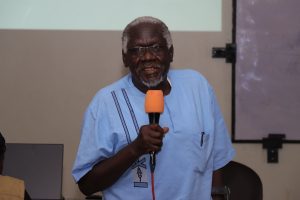 Prof. Natal Ayiga led an insightful session on research methodology, focusing on data collection and analysis. He cautioned against overreliance on online surveys in academic research and emphasized the importance of pretesting research instruments for validity. To further strengthen research skills, a proposal was made to incorporate statistical training into the curriculum.
Prof. Natal Ayiga led an insightful session on research methodology, focusing on data collection and analysis. He cautioned against overreliance on online surveys in academic research and emphasized the importance of pretesting research instruments for validity. To further strengthen research skills, a proposal was made to incorporate statistical training into the curriculum.
A Call to Action: Perseverance and Commitment
As the workshop concluded, students were reminded that PhD research is a marathon, not a sprint. They were encouraged to remain committed, actively participate in weekly research seminars, and collaborate with their peers to enhance knowledge sharing.
In his closing remarks, the Chief of Graduate Training urged students to conduct rigorous research, uphold academic integrity, and strive for timely graduation. He reaffirmed the university’s commitment to supporting scholars with the necessary resources and mentorship to help them achieve their academic and professional aspirations.
The PhD Progress Workshop marked a significant step in guiding Kabale University’s doctoral students toward success. With structured support, perseverance, and academic discipline, the university looks forward to an increased number of PhD graduates contributing to knowledge and societal development.
Discover more from Kabale University News
Subscribe to get the latest posts sent to your email.


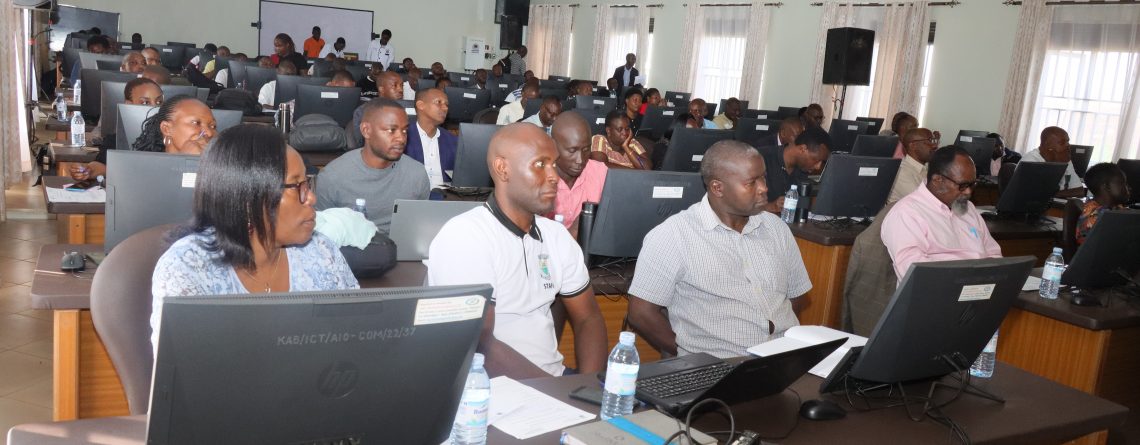
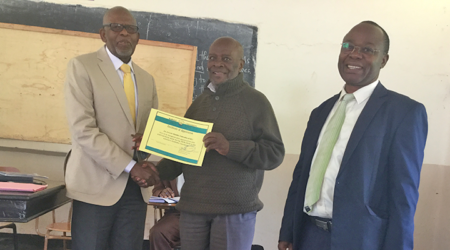
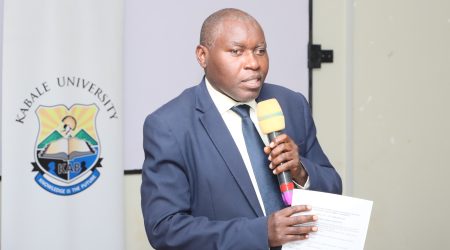
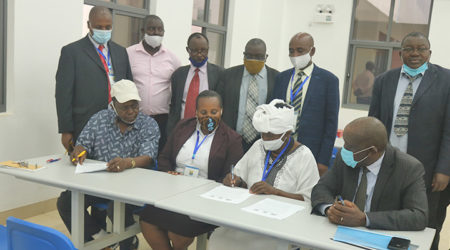
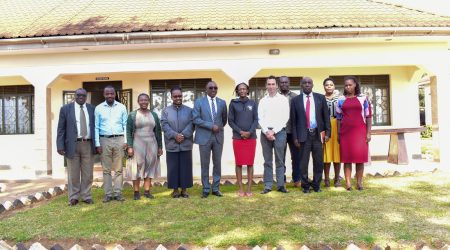
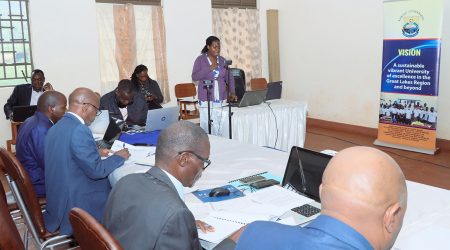

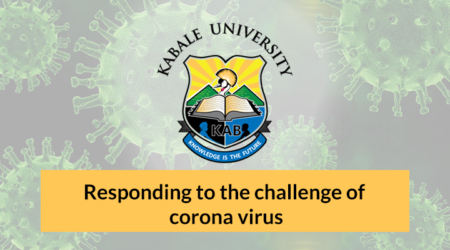
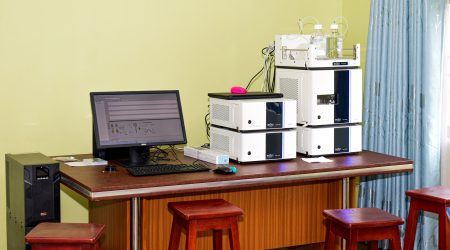
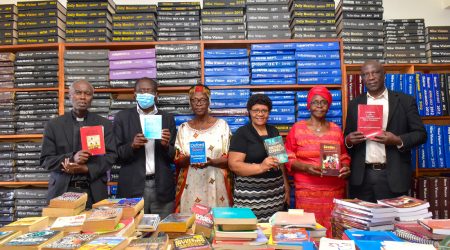
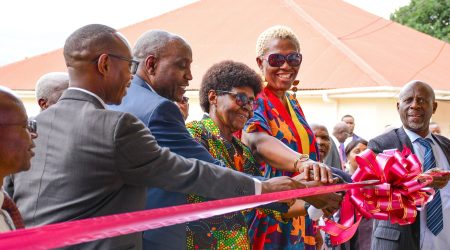
Leave a Reply